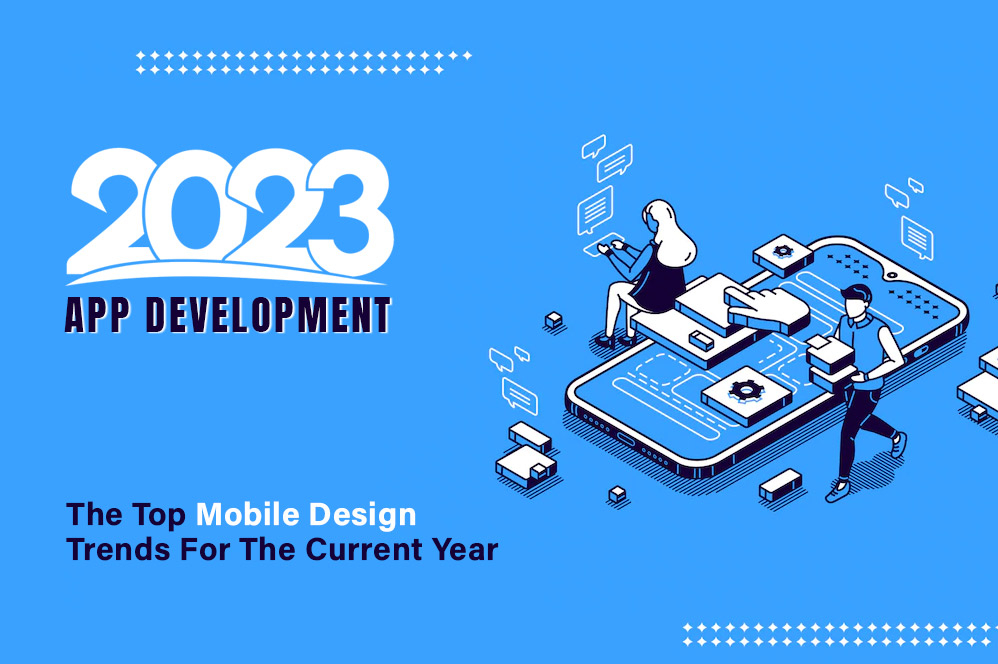Mobile apps are a necessity for companies, organizations and individuals today. With the world moving toward an increasingly digital existence, it’s no wonder that mobile development has become one of the most sought-after services in the business world today. In fact, many businesses are already familiar with how beneficial mobile apps can be for their brand. Not only do they provide convenience to users but also help businesses boost their sales and increase brand awareness. But with the ever-changing technology landscape, keeping up with the latest trends and developments can be a daunting task. This is exactly why we at Global App Development have compiled a list of some of the top mobile app development trends for 2019. Read on to know more about these trends and how they can help you stay ahead of the curve in this highly competitive industry.
1. Progressive Web Apps (PWAs)
Progressive Web Apps (PWAs) are a type of mobile application that gives users the best of both worlds: the native experience and the web experience. They are essentially websites that are built using Progressive Web App technology, which allows them to display like apps in search engines’ results pages and app stores. Similar to native apps, they can be installed on a user’s device and run in offline mode as well.
2. Machine Learning and AI-Based Solutions
Machine learning and AI-based solutions have made it easy for businesses to gain more insight from their data. From self-learning algorithms that can predict trends and patterns in your customer base to chatbots that can help provide support by answering basic questions, machine learning is a powerful tool that will continue to evolve in the coming years.
3. Blockchain Technology for Apps
Blockchain technology is a secure, decentralized database that allows users to store and share information without the need for an intermediary. In the world of apps, it can be used to create tamper-proof records of transactions or data shared between users.
4. Augmented Reality (AR) and Virtual Reality (VR)
Augmented reality (AR) is the technology that transforms real-world environments with computer-generated sensory input such as sound, video, graphics or GPS data. By layering digital content on top of what you see in the physical world, AR can make your surroundings more fun and engaging.
Virtual Reality (VR) is a computer-generated simulation of a three-dimensional image or environment that can be interacted with in a seemingly real or physical way. VR allows the user to interact with and explore their virtual world, as if they are actually there.
5. Chatbots for Improved Customer Experience
Chatbots are a highly popular trend in the mobile app development industry right now. With more and more businesses adopting them, it is only natural that they are becoming an important part of mobile apps as well. Chatbots can be used for various purposes such as customer service, sales, marketing, e-commerce etc. They have proven to be extremely useful in improving the overall user experience while reducing costs at the same time.
6. User-Centric Mobile App Development
A user-centric approach to mobile app development is becoming increasingly popular in the industry today. This means that you should focus on providing the best possible experience for your users rather than worrying about how many features you can pack into your app or how much money it will make.
7. Microservices Architecture
Microservices architecture is a software engineering approach to developing and deploying applications. It is an extension of service-oriented architecture (SOA), which divides large applications into smaller, self-contained services.
8. 5G Technology and What It Means for Apps
5G is the next-generation wireless technology that promises to bring faster data speeds and lower latency. 5G will also allow for more connected devices, such as autonomous vehicles and smart cities.
9. Voice-Assisted Interfaces
Voice-assisted interfaces are a major trend for apps in 2019. This includes the ability to ask Alexa or Google Assistant questions but also to use voice commands in apps such as Yelp and Lyft. 10. Video Streaming - The next big thing is already here: streaming video services like Netflix, Hulu, and Amazon Prime Video have changed how we consume content.
10. Blockchain in Gaming
How it Can Enhance the Experience - Blockchain is the technology that powers cryptocurrencies like Bitcoin and Ethereum. It’s also being used to create new types of online games and experiences. One example is Crypto Kitties, where users can collect and trade digital cats that exist on the blockchain using Ether (the cryptocurrency for the Ethereum network).
Conclusion
As you can see, there’s a lot of potentials for blockchain technology to change the way we do things. It’s already happening in many industries, and gaming is no exception. As more developers start experimenting with blockchain-based games, we can expect to see improvements in the quality of gameplay and interaction between players. The next step is to see how these technologies can be used to improve the way we play. I think it’s safe to say that blockchain technology will not just change the way we play games but also how we design them. If you have any questions about this article or want more information on how blockchain technology works, feel free to contact us today.





